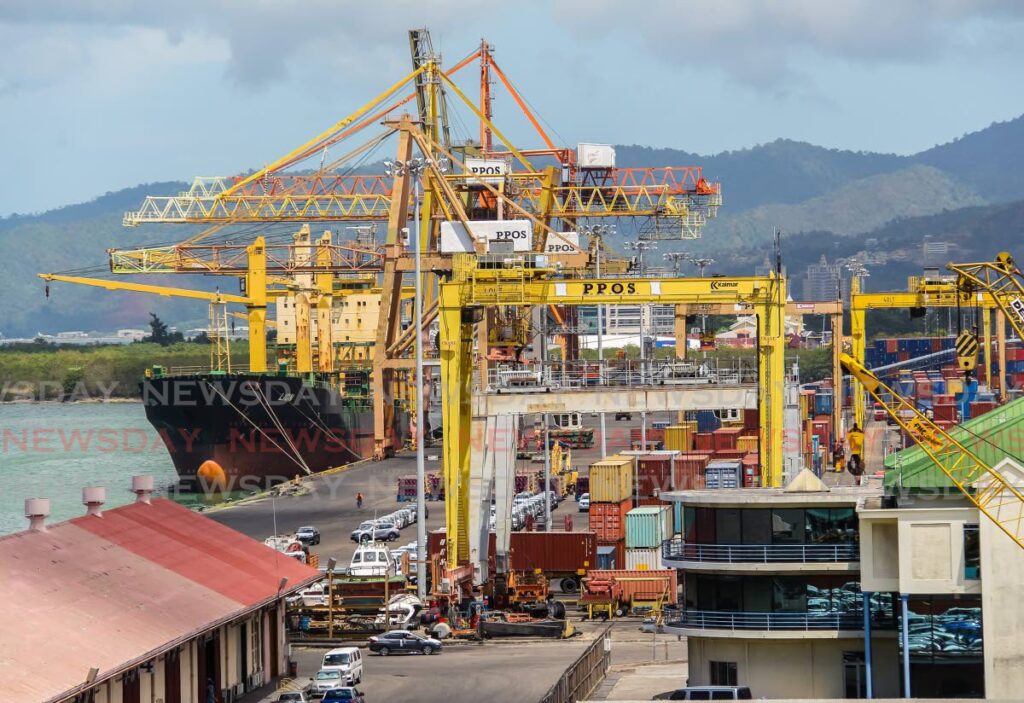To beat inflation: resist populism, press for growth

kmmpub@gmail.com
Higher prices are here to stay. Instead of wringing our hands, or being tempted by populism, small, open countries like ours need rapidly to double down on growth.
Caribbean countries, and especially Trinidad and Tobago, import almost everything we consume. What little we manufacture is based on raw materials whose prices are set internationally. That means we have very little control over inflation.
While the worry and furore over rising flour and beer prices are understandable, the unfortunate truth is that there’s not much that can be done locally about it.
When the economy crashed in 2015, brought down by global energy prices, one small consolation was that falling global energy prices meant that shipping, food and other consumable costs all fell alongside it. As tough as the last few years have been, it could have been much worse.
Unfortunately, that cushion is about to be violently punctured.
Fast-forward to today: we are in a situation where although gas prices are rosy, production has yet to catch up. With no meaningful diversification, our economy will at best be stagnant. No V-shaped recovery for us.
In contrast, the rich world has been enjoying a recovery. Predictions of a new “roaring '20s” are not far off.
What we can see in hindsight (though some, like George Mason economist Tyler Cowen, warned about it early on) is that covid19 recessions were due not to a lack of demand, but to a lack of supply. It wasn’t that people didn’t want to buy and spend, but that most businesses and supply chains could not fully operate owing to fear of the virus.
But in its early days, covid19 panicked US and EU businesses and policymakers so much that they responded with the largest ever bailout packages with almost universal bipartisan support. The result has been unprecedented sums pumped into the economies that have also been quickest to vaccinate, reopen and start spending. This has resulted in a huge boost in short-term spending and economic growth – in many cases excessive demand.
Production and supply, meanwhile, have been much slower to catch up, with retailers frantically running out of almost everything. The result, set against the backdrop of the last decade’s negligible interest rates and almost free debt, has been a great overheating.
Demand is simply greater than supply. The result: the return of inflation.
The inflation hawks had long resigned themselves to lives of obscurity as Cassandras, when their predictions that the flood of cheap money from global central banks would cause inflation never failed to be wrong year after year. Well, they’re back now.
Economists and central bankers in the US and EU are already digging trenches for academic wars over whether this inflation is transitory or not. Yet let’s put their fear in perspective. At least the economies they are worrying about have tremendous economic growth rates, rapidly rising wages and job markets where vacancies far exceed applicants.
We have none of those things, but our reliance on imports means that we will have to pay the higher prices. If our Central Bank moves to raise rates, it will put us perilously close to another recession.
This is a dire situation, and tempers will naturally fray as standards of living fall and more and more are pushed into poverty. But this is exactly the time we need to act with a cool head, if we are to protect the most vulnerable.
First, we must not rush to the populist playbook: regulations, taxes and price controls. This will exacerbate a situation where supply chains are already tight, and can potentially create black markets. They have never worked historically anywhere.
The critical thing we need to do in the short term is give the Central Bank room to manoeuvre. It needs economic growth to be moving at a decent enough place where it can feel comfortable raising interest rates, which will reduce borrowing and rein in spending and some prices.
High gas prices are giving us a little wiggle room, so we need to rapidly steer those revenues into new growth channels. The government should rapidly invite Latin American and other investors who see us as a convenient export hub for the Andean region.
With geopolitical concerns heating up in the basin, we need to explore more infrastructure projects – especially digital ones. There is no reason why we should not be the data centre capital of the region.
More than anything, we need to move fast if we are to head off inflation.
The answer remains as tired and relevant as before. Ignore the populists and press for growth.
Kiran Mathur Mohammed is an economist and co-founder of medl, an IDB Lab, Microsoft, WHO & FT backed health tech company, winner of the TT Chamber Champion of Business award

Comments
"To beat inflation: resist populism, press for growth"